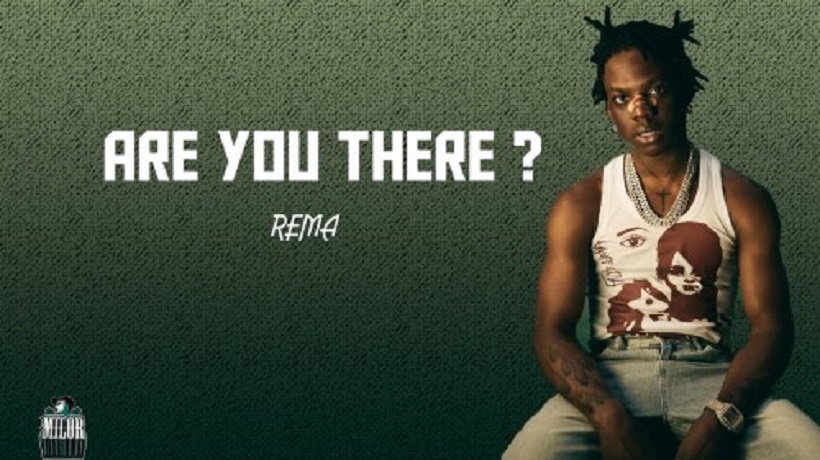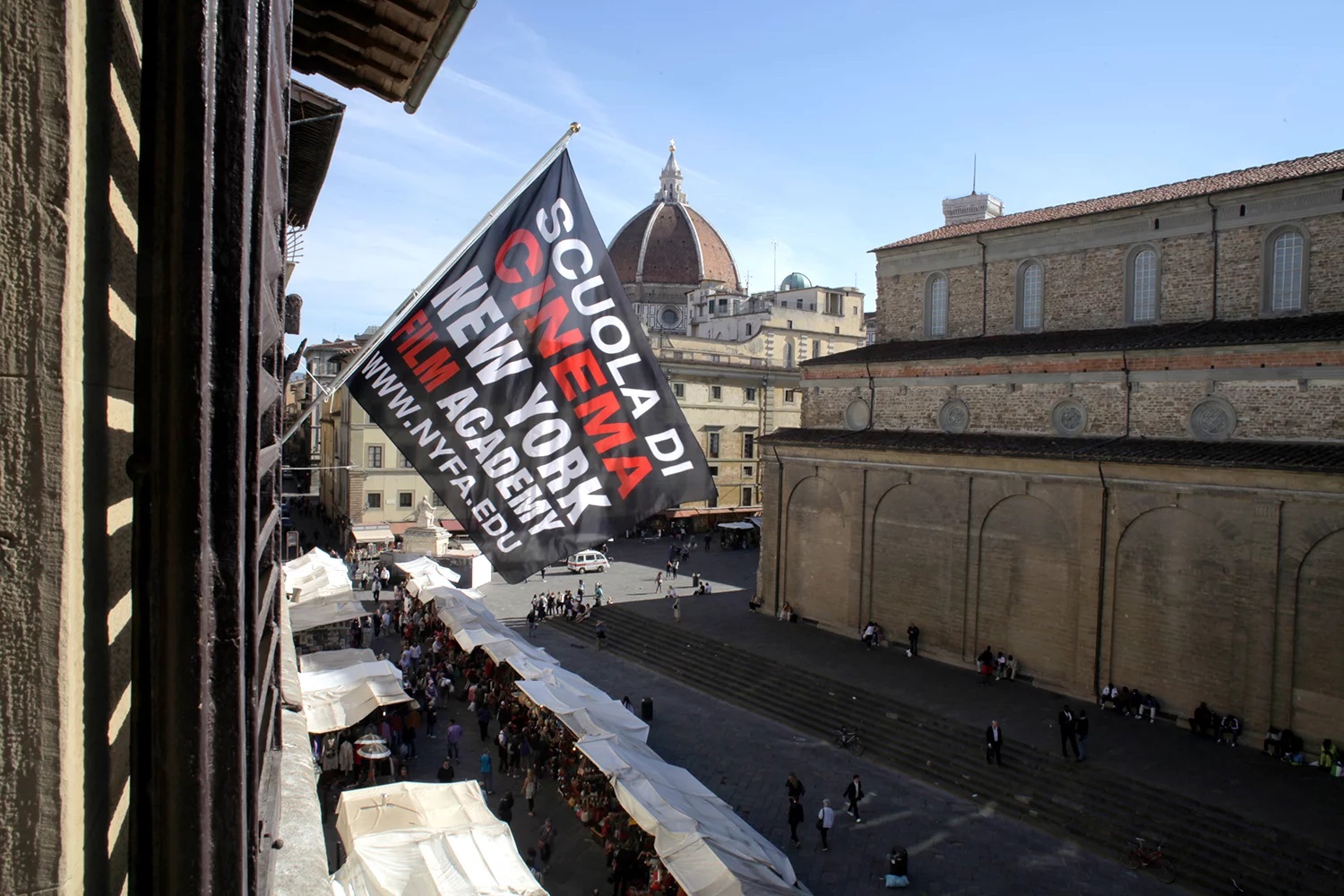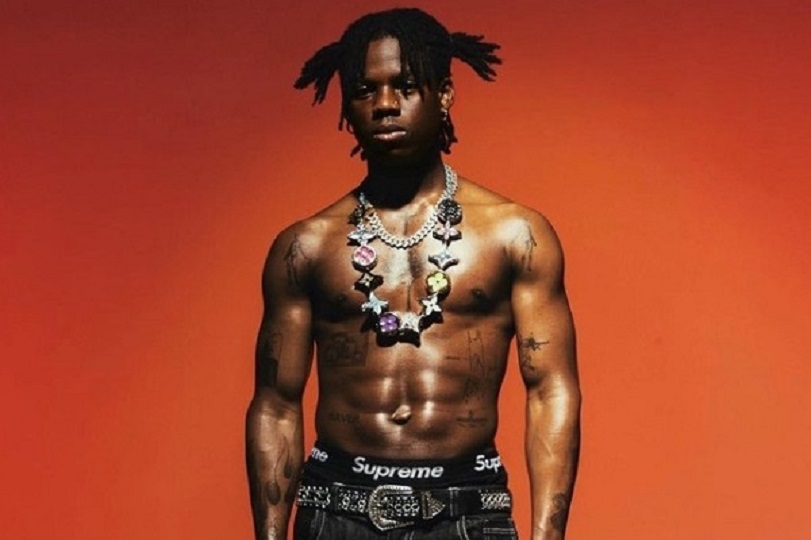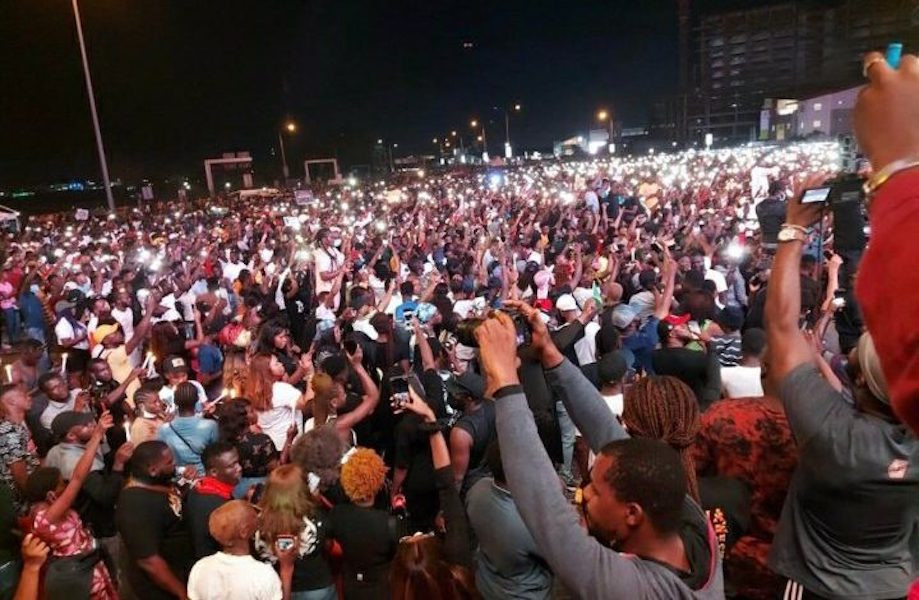Showbiz
Rema’s ‘Are You There?’ Demonstrates Growing Anger of Nigerian Youths

By Adedapo Adesanya
There is a trope that isn’t true that many music listeners peddle: they say Nigerian new generation artists don’t make socially conscious music but the reality is that they don’t listen to these songs. New school leader, Rema, might change this narrative with his anger-laced street bop, Are You There?
The track, which is one of the singles from his 2022 album, Raves and Roses, had Rema singing about youthful frustrations, inequality, hedonism, and corruption rife in the Nigerian state.
“People dey talk say na only woman I sabi talk about so leave me make I talk about am,” he starts the three minutes 13 seconds long song drawing a parallel with how Nigeria’s youths are finding solace in hedonistic appeals to subsidise the frustrations of living in a place known for its multidimensional poverty, police brutality, and worrying developmental and social problems.
What compliments a song like this better than a video that breathes life into these messages. A masterclass from arguably Nigeria’s hottest video director, TG Omori; Rema represents a light hidden under a broken bushel.
The video opens with a baby crying in a cot with a motion toy dangling above — a clear answer to the country’s epileptic power supply which has been frustrating most Nigerians alive since their birth. Rema, we see is making himself the voice of change in a shanty town, a Rooster’s Coop that a considerable number of Nigerians are trapped in.
Are you there? Are you there there there? Are you there? Are you there there there? he quips in a frustrating manner into the void with a megaphone.
Rema makes it clear that Nigerian youths are industrious and reminiscent of the courageous protest that they carried out in October 2020, tired Nigerians are seen carrying placards with messages that read every single thing that Nigerians as early as the 1960s generations have clamoured for.
Orchestrating a demonstration, Rema infiltrates a gathering of political elites. We see him stand up to authorities who have made the nation’s wealth their own. He idolizes the passionate revolutionary that we are too cowardly to be. He is also not afraid to stand up to the resulting consequences of his actions.
What does one expect of a politician who turns off the news displaying another bomb blast in a moment of joy? What sympathy do we extend to such a person who gleefully celebrates while the nation is plunged into chaos? One must reflect on this because this is what many Nigerian youths feel if anybody cares to listen.
Wake up, wake up, are you there? are you there? he sings as a politician caught in the melee screaming for his life amid the ruckus. With that action, he emerges as a justified icon and this is how the state keeps creating dubious heroes due to their ineptitude.
There is no telling who the song might have inspired but that is soon quelled as the police — the fixer arm of the Nigerian government — is seen bulldozing the shanty town where our hero emerged from. In the process, innocent people have to bear the brunt but staying true to his beliefs, Rema stays and confronts these men in black but when a police officer promises to bring down his wrath, he flees the scene and probably the country. A story we’ve seen too many times.
Showbiz
MTF’s 2023 Best Graduating Student Heads to Italy’s New York Film Academy

By Aduragbemi Omiyale
The 2023 Best Graduating Student of MultiChoice Talent Factory (MTF), Mr Oluwasegun Ogundeyi, is on his way to Italy to attend the New York Film Academy in Florence.
While at the academy, the filmmaker will hone his skills and be exposed to the latest innovations in the creative industry and meet others from across the globe.
His acceptance to the New York Film Academy’s Florence campus reflects not only personal advancement but also the continued success of MTF’s global training pipeline.
Through its partnership-driven approach, MTF continues to create pathways that position African filmmakers for international relevance while keeping their storytelling rooted in authentic local perspectives.
The fully funded scholarship provided by MTF marks a significant milestone in a career already defined by versatility, discipline, and award-winning storytelling.
The scholarship is part of an ongoing partnership between MTF and the New York Film Academy, designed to strengthen global exposure for emerging African filmmakers while building meaningful creative and industry connections between Nollywood and Hollywood.
“Storytelling is connection. It is expression, impact, and community. My mission is to tell African stories that are nuanced, human, and real, stories that remind us of who we are,” Mr Ogundeyi, who is a director, cinematographer, and storyteller, stated.
Since his time at MTF, Mr Ogundeyi has steadily built a portfolio that demonstrates both range and creative leadership. His directorial debut, Her Dark Past, earned top recognition by winning the MTF category at the 2024 Africa Magic Viewers’ Choice Awards (AMVCA), validating the promise he displayed during his training at MTF.
As Director of Photography on the short film Threshold, he contributed to a project that secured selections at both the Ibadan Indie Film Awards and the Malabo International Film Festival 2025.
He directed Bridging Hope, a documentary produced for Drug Aid Africa, demonstrating his ability to craft compelling narratives for social impact.
His commercial work includes directing the Máadán Lipgloss launch campaign, bringing cinematic sensibility to branded content. Currently, his cinematography work on Transparent Boy is in post-production, with festival submissions anticipated.
Beyond individual projects, his MTF experience yielded lasting professional partnerships. In June 2024, he co-founded NINE NINE Productions Limited with a fellow MTF graduate, transforming their collaboration on Threshold into a sustainable creative enterprise.
Showbiz
Afreximbank-Backed CCInc Invests in Nigerian Feature Film Clarissa

By Adedapo Adesanya
The intellectual property investment subsidiary backed by Afreximbank’s Fund for Export Development in Africa (FEDA), CANEX Creations Incorporated (CCInc), has announced an investment in the feature film Clarissa, a Nigerian-produced drama directed by twin filmmakers, Arie and Chuko Esiri.
A contemporary reimagining of Virginia Woolf’s novel, relocated to Lagos, Clarissa was shot on 35mm in Lagos and Delta States. The film follows society woman Clarissa as she prepares to host a party at her home, only to encounter once-intimate friends from her youth. Over the course of a single night, memories of intricate relationships, passionate love, hidden desires, and lost aspirations give rise to a bittersweet reckoning.
The film has been acquired for worldwide distribution by NEON, which will oversee theatrical release in the United States and international markets, with NEON International handling foreign sales.
Clarissa features an acclaimed ensemble cast including Sophie Okonedo (Academy Award and Emmy Award nominee), David Oyelowo (Golden Globe and BAFTA nominee), Emmy Award winner Ayo Edebiri, alongside India Amarteifio (Bridgerton), Toheeb Jimoh (Ted Lasso), Nikki Amuka-Bird (Knock at the Cabin), and a broader cast of distinguished performers.
The film is written, directed, and produced by Arie and Chuko Esiri, whose debut feature Eyimofe (This Is My Desire) premiered at the Berlinale, won multiple African Movie Academy Awards, and was subsequently released by Janus Films before being selected for the Criterion Collection, a rare distinction that signals enduring artistic significance.
The Esiri brothers produce Clarissa alongside Theresa Park (Per Capita Productions) and Nicholas Weinstock (Invention Studios), with co-producers Nina Gold and Thomas Bassett. Executive producers include Sophie Okonedo, Dolly Omodolapo Kola-Balogun, Osahon Okunbo, and Jason Reif.
Commenting on the investment, Mr Osahon Akpata, Chief Executive Officer of CCInc. said, “Clarissa exemplifies the type of globally resonant, IP-driven storytelling that CANEX Creations Inc (CCInc) was established to support. The film combines literary heritage, world-class filmmaking, and African production capacity, while remaining firmly rooted on the continent. Its acquisition by NEON validates both the creative ambition of the filmmakers and the viability of Africa-backed financing structures for internationally scalable film content.”
Reflecting on the film’s creative vision, Mr Chuko Esiri, writer, director and producer, said, “From the beginning, it was important to us that Clarissa be both rooted and resourced on the continent where it is set. Having African institutions back a film of this scale reflects a growing confidence that our stories can be produced from within.
“Clarissa is a story centred on time and memory, and in bringing it to life, we chose to shoot on 35mm in the hope it will first feel, then stand next to the great films of modern cinema”.
Production financing for filming in Nigeria was provided entirely by Africa-based institutions, led by CCInc. alongside MBO Capital, underscoring the growing capacity of African capital to support globally competitive film projects.
The acquisition was negotiated by NEON’s Kate Gondwe, with UTA Independent Film Group representing the filmmakers.
According to a statement, CCInc. said Clarissa marks its continued commitment to investing in high-quality Global Africa intellectual property with clear pathways to international markets, in line with its mandate to catalyse export-ready creative assets across film, television, music, fashion, and other IP-intensive sectors.
Showbiz
Spotify Reports 163.5% Average Streaming Growth in Nigeria

By Adedapo Adesanya
Spotify says music streaming in Nigeria has grown at an average rate of 163.5 per cent, underscoring the speed at which the country has emerged as a global streaming force since it launched here in 2021.
In a statement, the music streaming company reported triple-digit year-on-year growth in its early years and sustained momentum through 2025.
The platform, which entered the Nigerian market in February 2021, described the journey as one marked by rapid cultural acceleration.
Spotify said at the heart of that growth was Afrobeats, which recorded a 5,022 per cent increase in streams locally between 2021 and 2025.
It added that other genres also witnessed remarkable expansion. According to the platform, Amapiano surged by 10,330 per cent; Gospel and Praise grew by 5,499 per cent; Hip-hop and Rap rose by 3,020 per cent; while R&B climbed by 2,602 per cent.
Spotify further said language had become another growth engine, with indigenous-language listening increasing by 554 per cent in 2024 and 87 per cent in 2025 within Nigeria.
Globally, indigenous-language streams rose by 141 per cent in 2024 and 41 per cent in 2025, reflecting what the company described as a growing appetite for local-language storytelling and sound.
According to Spotify, listening habits reflected global curiosity from day one. The first track streamed in Nigeria at launch was “到此為止” by Shiga Lin, reinforcing the platform’s view that Nigerian users are eclectic and open to discovery.
Over the five-year period, the most-streamed artists in Nigeria include Burna Boy, Davido, Asake, Wizkid and Seyi Vibez.
Among the most replayed songs are ‘Remember’ and ‘Lonely At The Top’ by Asake; ‘Kese (Dance)’ by Wizkid; ‘Doha’ by Seyi Vibez; and ‘With You’ by Davido featuring Omah Lay.
The platform said the number of Nigerian artists on Spotify has grown by 158 per cent since launch, while users have created more than 25 million playlists within the period.
According to the company, in 2025 alone, Nigeria recorded over 1.4 million play hours on the platform.
Spotify also noted that podcast consumption is expanding, with more than 59 billion total podcast hours streamed since its launch.
The platform added that user behaviour reflects a young and adventurous market, with the average listener aged 26. In recent months, Nigerians streamed an average of 150 different artists, which Spotify described as evidence of a discovery-driven audience.
-

 Feature/OPED6 years ago
Feature/OPED6 years agoDavos was Different this year
-
Travel/Tourism10 years ago
Lagos Seals Western Lodge Hotel In Ikorodu
-

 Showbiz3 years ago
Showbiz3 years agoEstranged Lover Releases Videos of Empress Njamah Bathing
-

 Banking8 years ago
Banking8 years agoSort Codes of GTBank Branches in Nigeria
-

 Economy3 years ago
Economy3 years agoSubsidy Removal: CNG at N130 Per Litre Cheaper Than Petrol—IPMAN
-

 Banking3 years ago
Banking3 years agoSort Codes of UBA Branches in Nigeria
-

 Banking3 years ago
Banking3 years agoFirst Bank Announces Planned Downtime
-

 Sports3 years ago
Sports3 years agoHighest Paid Nigerian Footballer – How Much Do Nigerian Footballers Earn





















